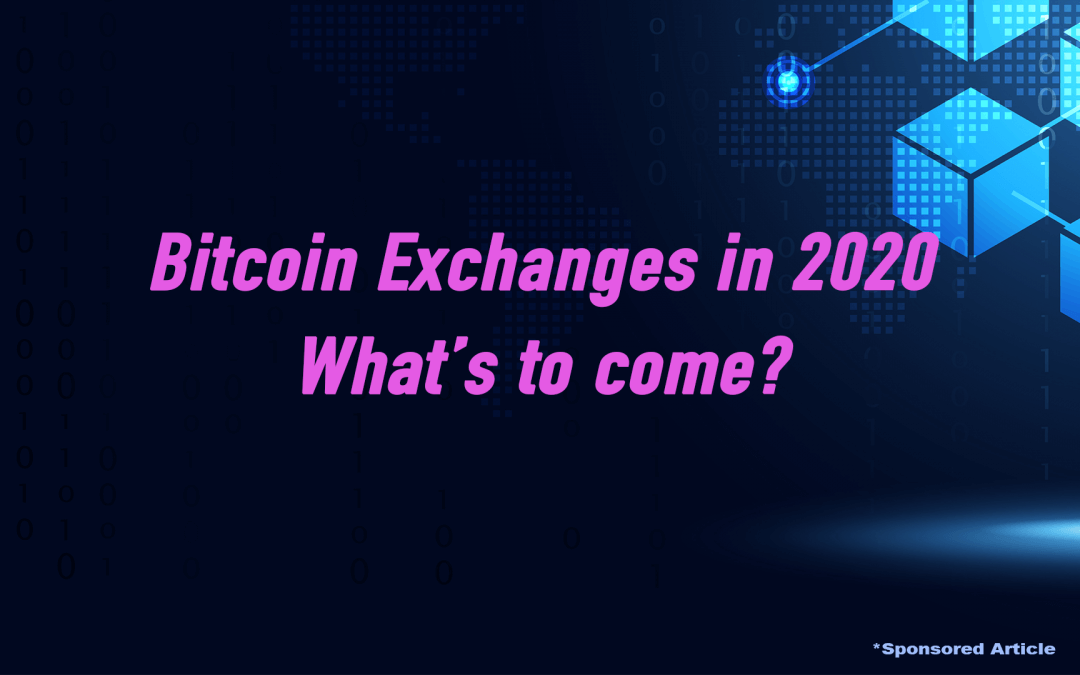What to Expect from Bitcoin and Exchanges in 2020?
Bitcoin is becoming increasingly popular and mainstream in 2020, while it’s also starting to mirror the price movements of gold. But what should we expect from Bitcoin exchanges in 2020?
Let’s face facts; almost everyone is now aware of Bitcoin in the modern age, with independent comparison sites such as https://www.betrugstest.com/bitcoin-exchanges/ providing insightful data pertaining to the best exchanges in the market.
This has enabled individuals to learn more about Bitcoin and distinguish clearly between fact and fiction, with the market-leading cryptocurrency often maligned on the back of its chequered past and the type of wild price fluctuations experienced in 2017.
Not only this, but Bitcoin (which now boasts a market cap in excess of $188 billion) is now more accessible than ever before, meaning that you can now build your wallet as you build towards a fruitful retirement!
But what exactly are Bitcoin exchanges, and what should we expect from the platforms in 2020? Let’s find out!
A Brief Guide to Bitcoin Exchanges
Bitcoin is essentially powered by Blockchain technology, which creates a scenario where payments can be processed transparently and security while also maintaining each investor’s anonymity.
Increasingly, the poster-boy for cryptocurrency is being traded on Bitcoin exchanges, which provide secure and easy-to-navigate platforms that enable investors to deal in a variety of digital currencies and selected fiat alternatives.
OK, we hear you ask, but how do these exchanges work? In simple terms, they eliminate the need to process payments using bank transfers or credit cards, while they also don’t require complicated account numbers of IBANs when completing international transactions.
Instead, you can buy and sell Bitcons (and similar cryptocurrencies in some instances) using a short address only, with the only requirement being that this should be associated with the relevant nation.
You can also register incredibly quickly and efficiently, while remaining rest assured that your personal and financial data that will be kept secure at all times.
You’ll notice that with most exchanges, payments are completed almost instantly regardless of the precise nature of the transaction, while the deposit section on the platform in question will also host your unique wallet address.
This must be used to ensure that the requisite amount of Bitcoin or fiat currency ends up in your account following the completion of a transaction, and while this may sound simple it can all too easily overlooked by novice traders.
It’s also fair to note that most of the market-leading Bitcoin exchanges waive any potential transaction fees, enabling users to retain as much profit as possible and save money during each transaction.
This offers a genuine competitive advantage to traders, as does the security provided by verified exchanges and the rapid speed of transactions.
Not only this, but exchanges also provide unique benefits in terms of evaluating the real-time price points of Bitcoin and comparing these against both fiat and alternative cryptocurrencies. More specifically, you can take the time to examine portfolios and make genuinely informed decisions, which can translate into increased returns over time.
What Should We Expect from Bitcoin and Bitcoin Exchanges in 2020?
There’s no doubt that Bitcoin exchanges are likely to become increasingly popular in 2020, thanks largely to the fact that this crytocurrency’s bull run is expected to continue at pace throughout Q1 and beyond.
After a recent (and admittedly brief) period of bearish price action, Bitcoin once again moved above the coveted $10,000 price mark and is expected to continue along a similar upward trend for the foreseeable future.
While there’s no immediate suggestion that Bitcoin could scale the $20,000 peak it achieved in December 2017, it has recently peaked at $10,400 and continues to benefit from immense demand in the current marketplace.
This is not the only thing that will help to popularise exchanges, particularly with Bitcoin being increasingly compared to gold in the existing economic climate.
In fact, Bitcoin is even being referred to as “digital gold” by some, primarily because the cryptocurrency mirrored the precious metal’s price movements at the beginning of the year (against the backdrop of increased tensions between the U.S. and Iran).
Of course, the long-term correlation between these two assets remains noticeably weak, but it cannot be denied that Bitcoin’s core value proposition and bears direct comparison with gold.
The popularisation of central bank-issued digital currencies and so-called stablecoins is only serving to reinforce this, creating a scenario where assets such as Bitcoin are becoming increasingly trusted and commonplace in the mainstream market.
As a result of this, a growing number of less experienced and part-time investors are turning their attention to Bitcoin and similar assets, causing the demand for trusted exchanges to rise in the process.
This is a sponsored article. If you want to publish one – please contact [email protected]

